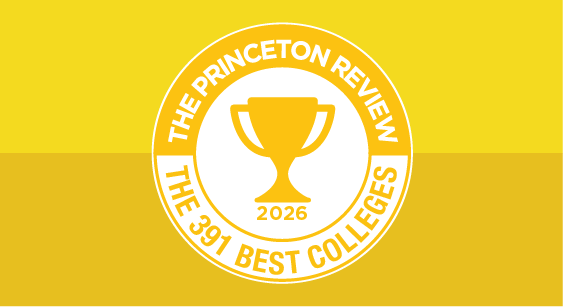
In today's rapidly evolving digital landscape, helping your teenagers navigate the online world responsibly and safely is of utmost importance. As parents, you play a crucial role in guiding them towards gaining the necessary knowledge and experience for responsible online behavior. The following is a breakdown of the essential components of digital citizenship that your teenager needs to know and practical strategies to support their journey towards becoming responsible digital citizens.
Proactive Knowledge: The 9 Key Ps of Digital Citizenship
Passwords: Ensure that your teenager knows how to create strong and secure passwords. Teach them the importance of using unique passwords for different online accounts, especially for sensitive information like emails and online banking.
Private Information: Help your teen understand the significance of safeguarding personal information like their address, email, and phone number.
Personal Information: While not identifying, personal information still requires discretion. Encourage your teenager to think twice about what they share, especially on public platforms.
Photographs: Make your teenager aware that certain details in photos, such as license plates or street signs, can inadvertently reveal personal information. Teach them about geotagging and the potential implications of sharing images online.
Property Rights: Educate your teenager about copyright and Creative Commons. Encourage them to respect intellectual property rights and to properly attribute sources when using others' work.
Permission and Protection: Ensure that your teenager understands digital threats like viruses, malware, phishing, ransomware, and identity theft. Equip them with the knowledge to identify and avoid potential risks.
Professionalism: Teach your teenagers about appropriate online behavior in different contexts. Make them aware of netiquette, proper grammar, and cultural sensitivity in online interactions.
Personal Brand: Guide your teenagers in crafting a positive online presence. Help them understand that their digital footprint is lasting and that they should be intentional about the content they share.
Experiential Knowledge: Learning Through Experience
While proactive knowledge is important, experiential knowledge is equally crucial. Here's how you can provide your teenagers with valuable hands-on experience:
Truth or Fiction: Engage your teenagers in discussions about online scams, misinformation, and digital cons. Share examples from reputable sources like Snopes or the Federal Trade Commission, and encourage them to identify false information.
Turn Students into Teachers: Encourage your teenager to become an educator themselves. Have them create tutorials or presentations about common online scams and how to stay protected. This not only empowers them but also reinforces their own understanding.
Digital Citizenship: A Valuable Life Skill
Digital citizenship is not just a buzzword; it's a skill that your teenager will carry with them throughout their lives. By instilling the principles of responsible online behavior and providing them with practical experiences, you're equipping them with the tools they need to thrive in the digital age. As a parent, your guidance is pivotal in shaping their digital journey and ensuring their safety, privacy, and success online.
Sources:
Explore Colleges For You
Connect with our featured colleges to find schools that both match your interests and are looking for students like you.
Get Started on Athletic Scholarships & Recruiting!
Join athletes who were discovered, recruited & often received scholarships after connecting with NCSA's 42,000 strong network of coaches.
Best 391 Colleges
170,000 students rate everything from their professors to their campus social scene.



